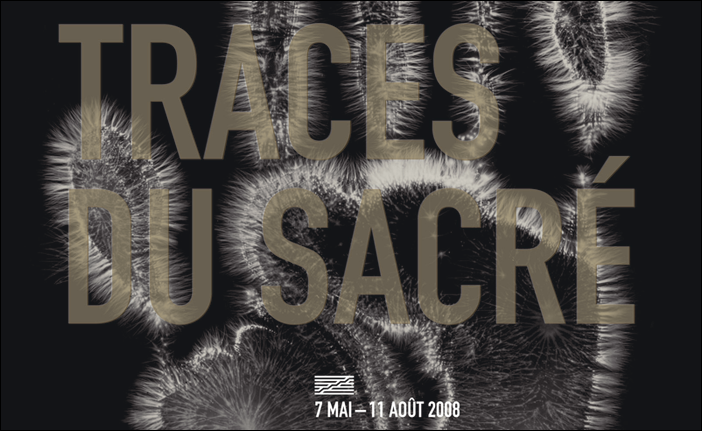Bernard Stiegler on the Trace-ability of our Times
The edges of the current spiraling dance of crisis are not clearly identifiable but definitively multiple - this state burdens the subject - breeds heavy spirits - born free but everywhere enchained to a spirit of gravity.
It would be not only ill-conceived but impossible to try and prevent the tracing of the times - the constant recording of the self and others in everyday contact.
The true question remains: How can we cultivate techniques adequate to a time entangled in the trace?
How can we reckon with the excess of the trace over the task but not over the tale?
Bernard Stiegler speaks to the trace-ability of our times.
Marcel O'Gorman of the University of Waterloo published a conversation he had with Stiegler in Volume 18 Issue 3 of the Journal Configurations entitled: "Bernard Stiegler's Pharmacy."
Here's an excerpt:
Yes, this is a very important issue. I would like to say one thing about it. There is this question of the traces that we produce. When I called you earlier today, I produced traces; every time I do a search on Google, I produce traces. But I do not believe anything that consists in saying we must prevent the development of trace-ability. We are now in an industrial society that rests on the recording of traces. And it is not worthwhile trying to make us believe that we should prevent it—it's just wrong. That's what I personally believe. The question is not how to prevent the recording of traces; the question is to create a consciousness of the recording of traces, a politics of the recording of traces.
Here in France, along with some students, in particular at l'Université de Compiègne, we're developing work on how to become conscious of traceability, and how to open up debates about traceability, how to create new systems of traceability, for example, and how to create laws so that this traceability is actually individuated by what it is tracing. This does not mean that the conscious mind will be able to master all of this—I do not believe in mastery—because behind the trace there is always the unconscious, and the unconscious is multi-layered, which is what I was saying earlier. And so the question is: How do we reorganize the conscious and the unconscious? And I say that this is a question of technology—that which is able to link the conscious and the unconscious is always a technique. And, by the way, Freud speaks of the psychoanalytic technique. Psychoanalysis is a technique. But such a technique must be able to think through today's industrial technics, and, sadly, psychoanalysis does not know how to do this (467-468, Configurations 18.3, 2010)
Labels: Bernard Stiegler, Configurations, Cyber Culture, cyber rhetoric, Cyberhetoric, Freud, Google, Marcel O'Gorman, Pharmacy, Psychoanalysis, Technique, Technology, trace, Traceability





0 Comments:
Post a Comment
Care to Share your thoughts on this post?
Subscribe to Post Comments [Atom]
<< Home